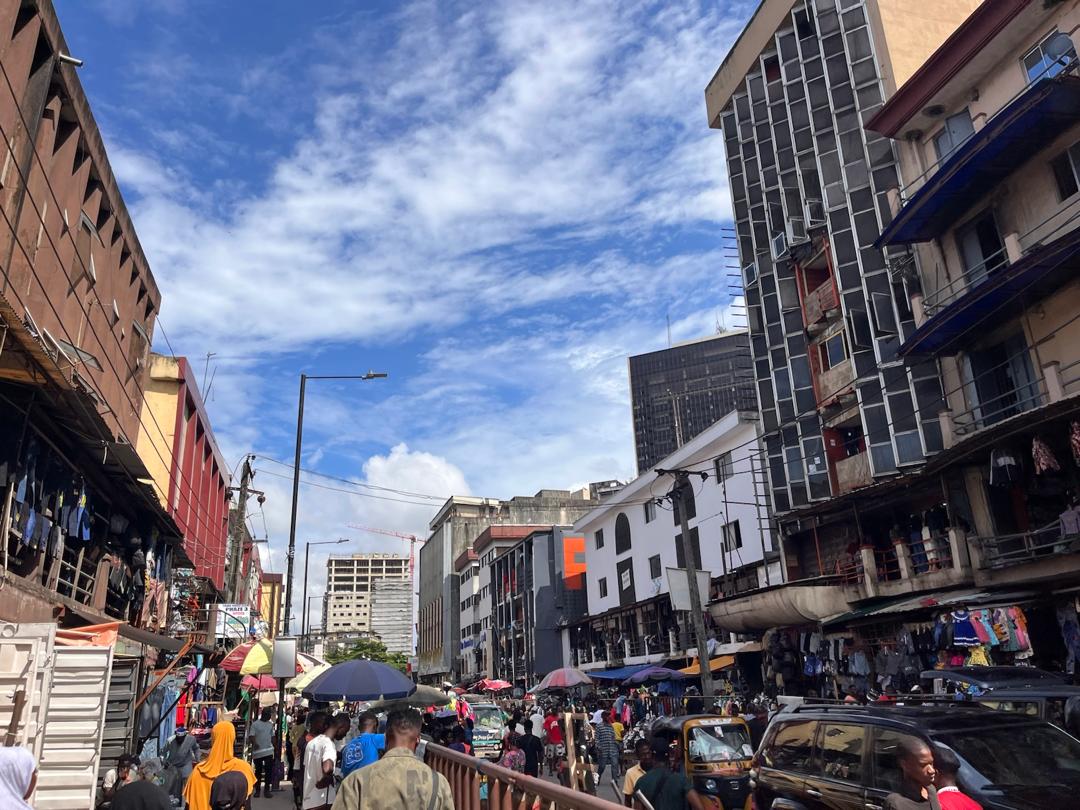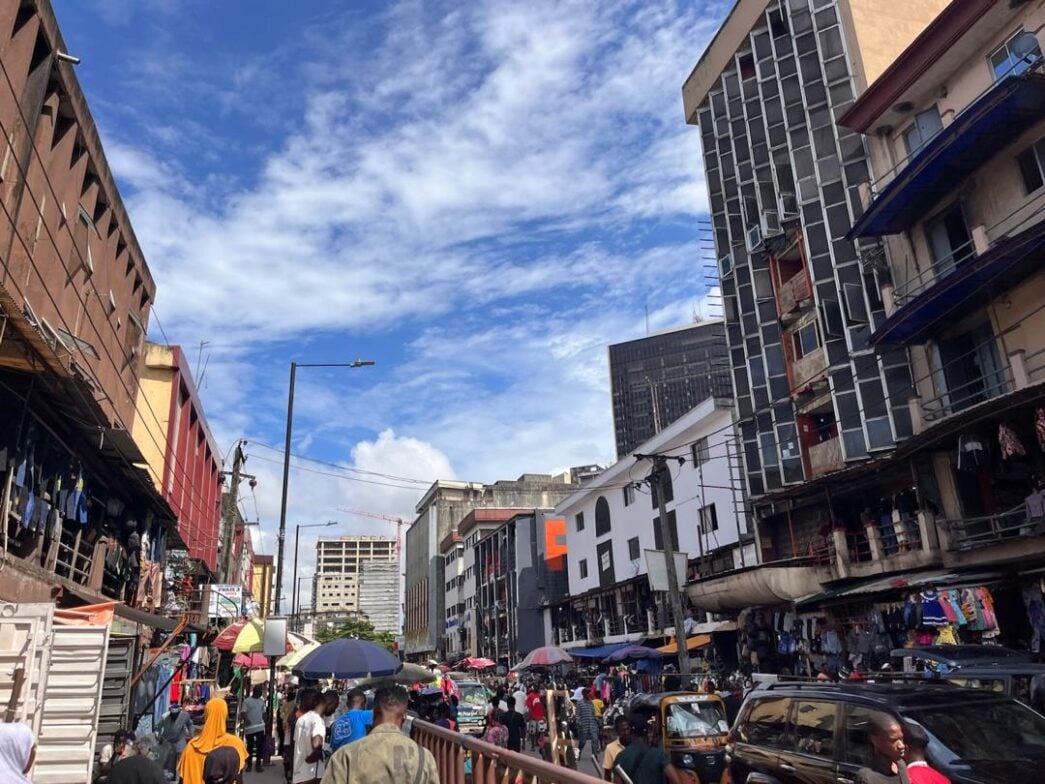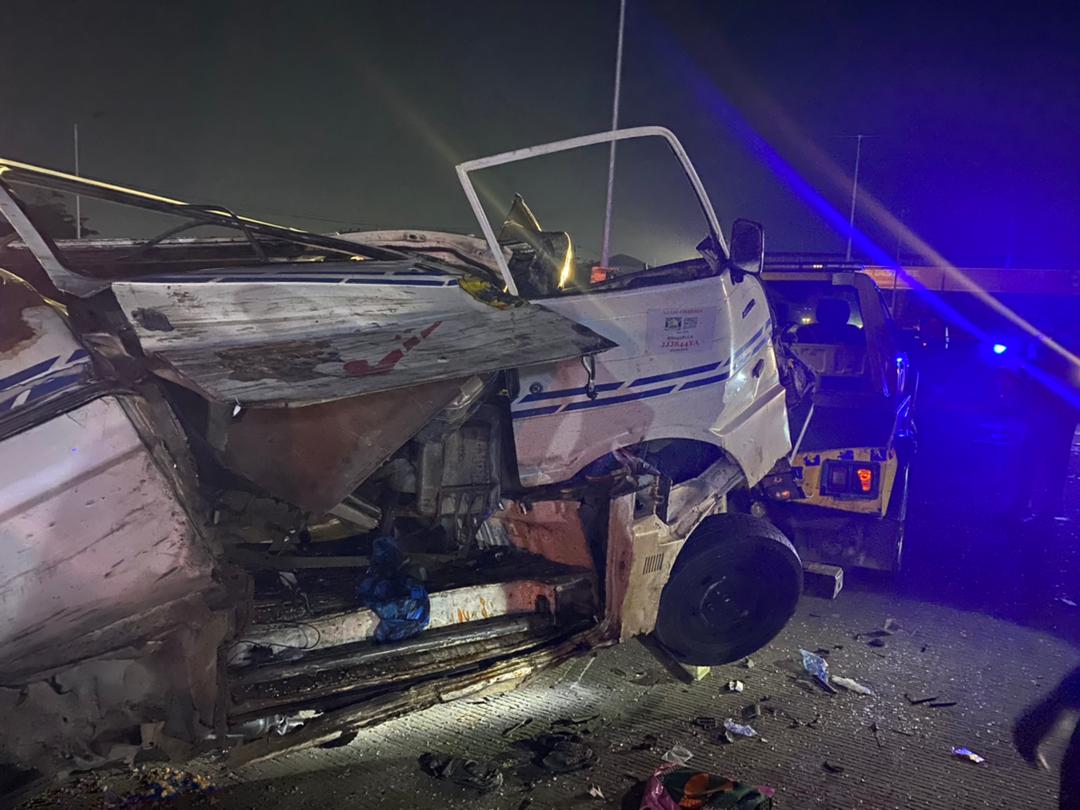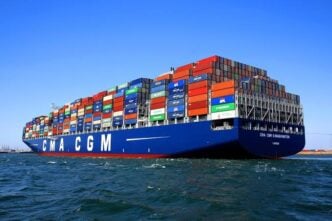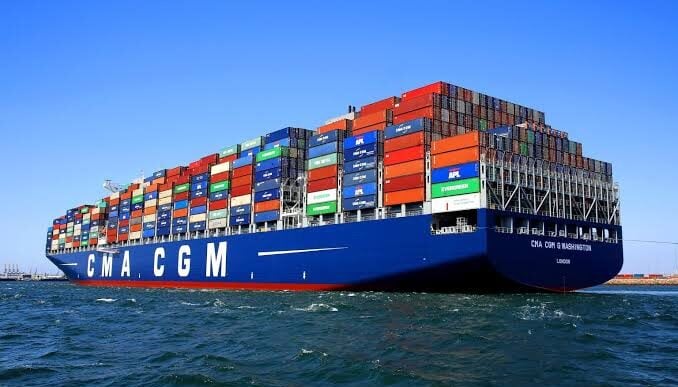BY GBENGA ONABANJO
When the first part of this series explored the growing tension between profit and liveability, it sparked conversations about the city Lagos is becoming — and the one it could be.
We highlighted how the race for Return on Investment (ROI) is stripping the city of its greenery, character, and soul. But there’s another layer to this crisis — one that affects not just residents, but the image Lagos projects to the world.
The Lagos We Sell… and the One We Show
Advertisement
Lagos calls itself the Centre of Excellence and State of Aquatic Splendour. But how much of that do visitors really see? How much of it do we, the residents, even experience?
What’s on display is often the Lekki-Ikoyi Link Bridge — now the iconic backdrop for nearly every Nigerian movie and music video. It’s a striking monument, yes. But should a single bridge become the symbol of an entire megacity?
Beyond the lights and filtered drone shots, much of Lagos remains disorderly, underdeveloped, and poorly maintained. The very axis — Lekki — that houses our nightlife, lounges, and entertainment hubs, suffers from flooded roads, traffic nightmares, crumbling drainage systems, and a severe deficit of urban beauty. The contrast is sharp, and it’s unsustainable.
Advertisement
Detty December, Shiny Facades… and Cracked Foundations
The city has, in recent years, become a December destination for Nigerians in the diaspora and tourists from the West seeking an alternative to the Caribbean. But Lagos’ booming entertainment economy cannot survive on vibes and quick fixes. A city that cannot sustain quality beneath the glamour will soon lose its appeal.
To compete with global cities, we must give tourists and residents more than bars and music. We must offer:
Walkable promenades by the lagoon.
Advertisement
Cultural spaces that blend art with ecology.
Orderly, landscaped entertainment districts.
World-class infrastructure that functions — not fails.
Large Entertainment Arenas, similar to O2 in England, for concerts.
Advertisement
Because experience is everything — and that includes ease of movement, aesthetics of space, air quality, and a sense of safety.
ROI Must Now Mean “Responsibility in Infrastructure”
Advertisement
If we must talk of ROI, then let’s broaden it. Let ROI mean Return on Integrity.
Let it stand for Responsible Ownership and Innovation.
Advertisement
Let’s include climate resilience, long-term usability, public access, and beauty in the cost-benefit analysis.
Lagos cannot afford to keep building poorly and patching later. That’s not how Singapore, Dubai, or even Kigali earned their reputation. That’s not how tourism — or dignity — is sustained.
Advertisement
Where Are the Professionals?
The blame is not solely political. Many in the private sector — architects, developers, consultants, engineers — have played a role in designing this concrete chaos. For every building that flouts setbacks, for every tiled-over drainage, for every fence that eats the sidewalk, a professional signed off.
We must now ask ourselves: Are we building for posterity or just for paycheques? Are we raising cities we can be proud of, or just structures we can sell? If professionals cannot say no to mediocrity and yes to design with dignity, who will?
The Entertainment Economy Needs an Environmental Backbone
Tourism, at its best, is experiential. It is driven by the sights, smells, and sensibilities of a city. The food is part of it, yes. So are the people. But so too is the urban choreography — how spaces flow, how green meets grey, how water is celebrated, not hidden.
Imagine a Lagos where:
The Atlantic beachfront is thoughtfully developed into a series of interconnected parks and cafés — not just hotels with walls.
The Lekki Conservation Centre becomes a launchpad for a greenbelt trail connecting eco-parks and wetlands.
Entertainment districts are infused with native flora, public seating, water features, and pedestrian-only zones.
Now, that would be excellence. That would be aquatic splendour. And it would offer tourists more than photo ops — it would offer them a reason to stay, return, and recommend.
Conclusion: Excellence Is Not an Event — It Is a System
If Lagos is to fulfil its potential as a world-class destination, a global business hub, and a home of culture, then we must stop treating urban planning as an afterthought.
We must design for function and beauty — not just footage.
We must make room for nature, people, and the public good.
We must shift the narrative from profit-at-all-cost to excellence-at-every-step.
Because when a city is well built, everyone wins — residents, investors, tourists, and generations yet unborn.
Let the next phase of Lagos’ evolution be shaped by conscience, not concrete alone.
Let anything unsightly not numb our senses.
Let us deliberately embrace a clean and green environment and detest a dysfunctional urban setting.
Onabanjo, an architect, environmentalist and urban policy advocate, is the founder of GO-FORTE FOUNDATION, an NGO for the restoration of the environment.
Views expressed by contributors are strictly personal and not of TheCable.
